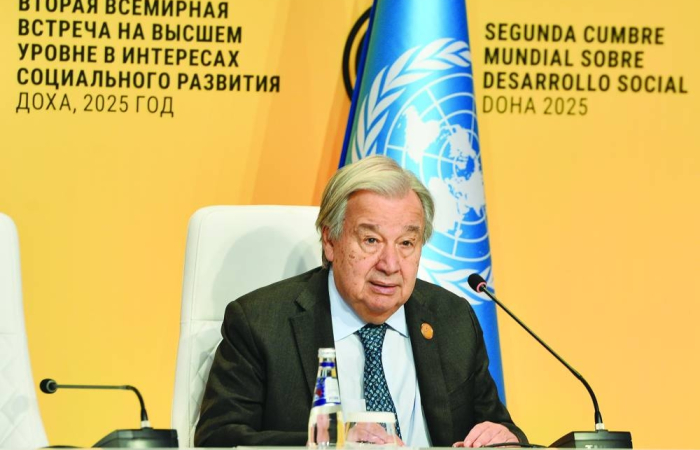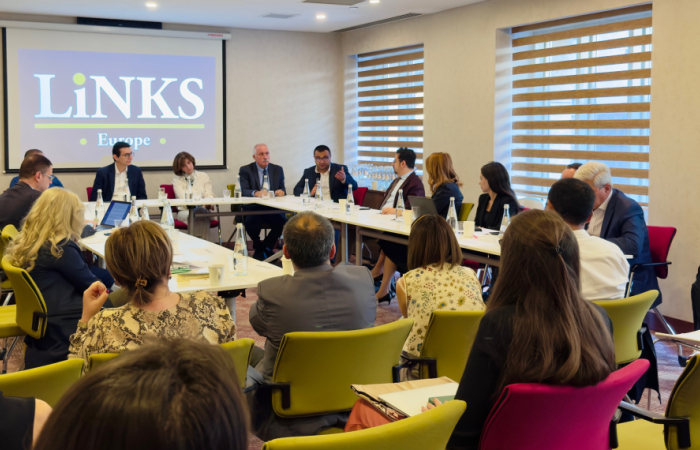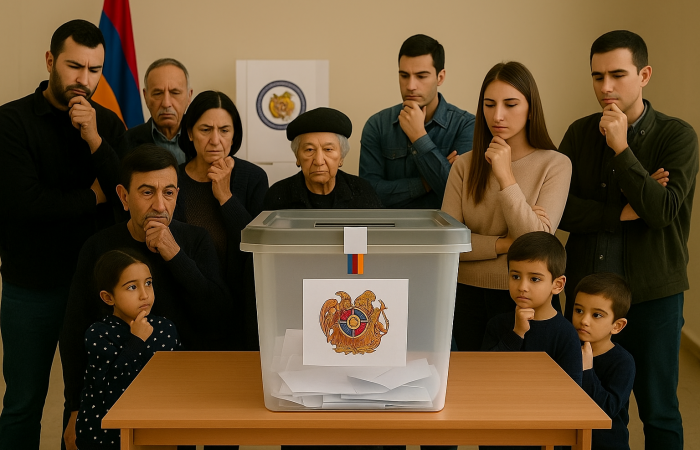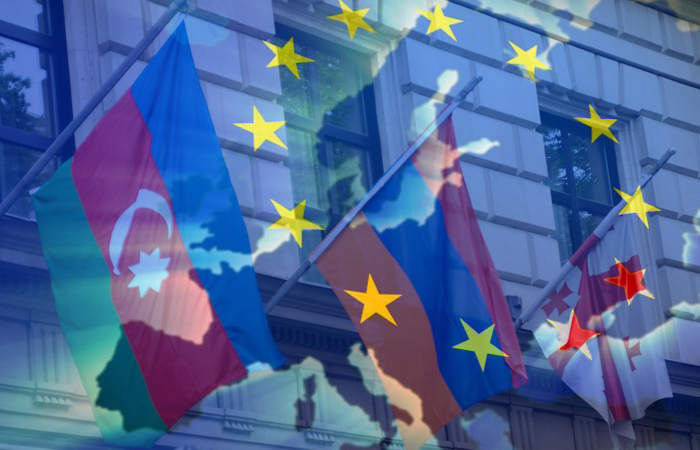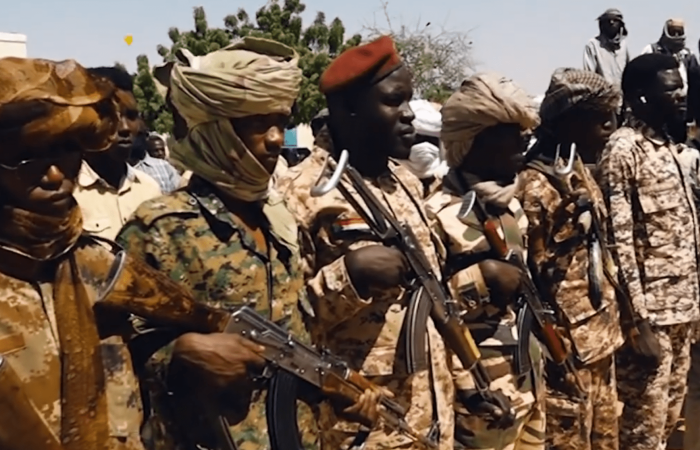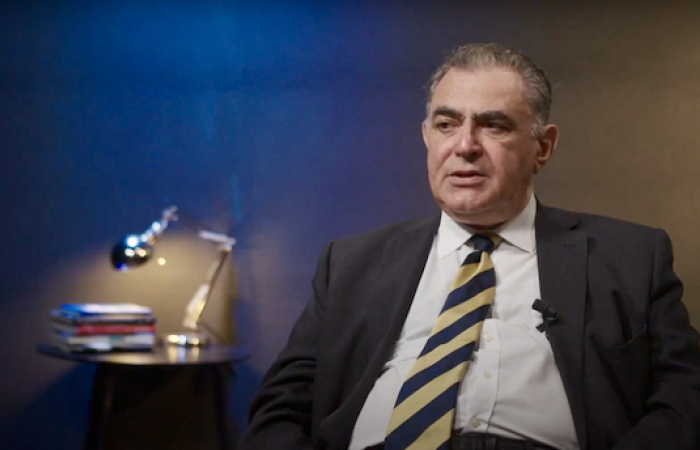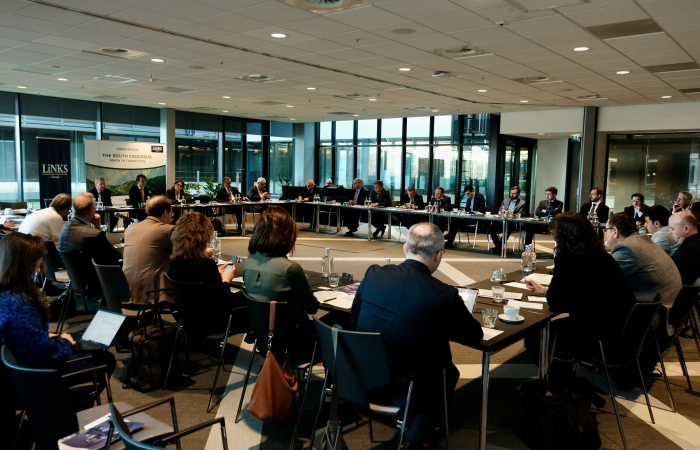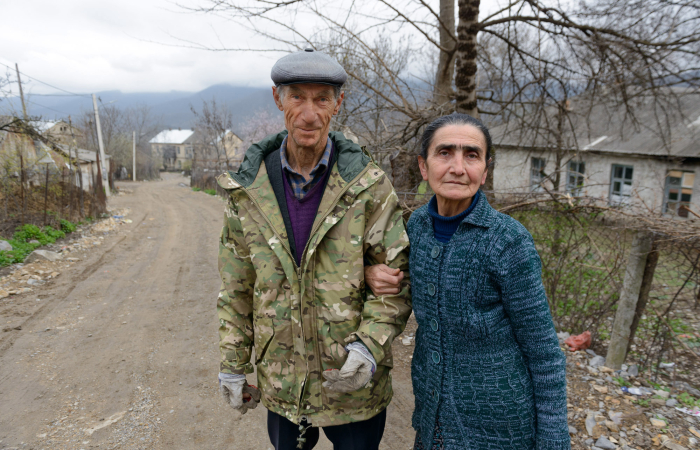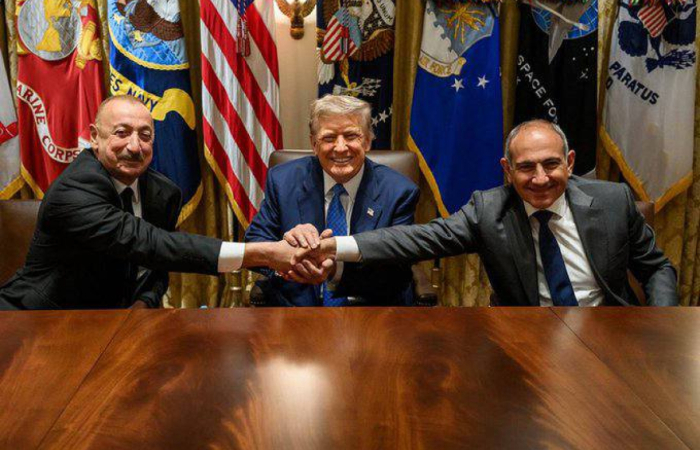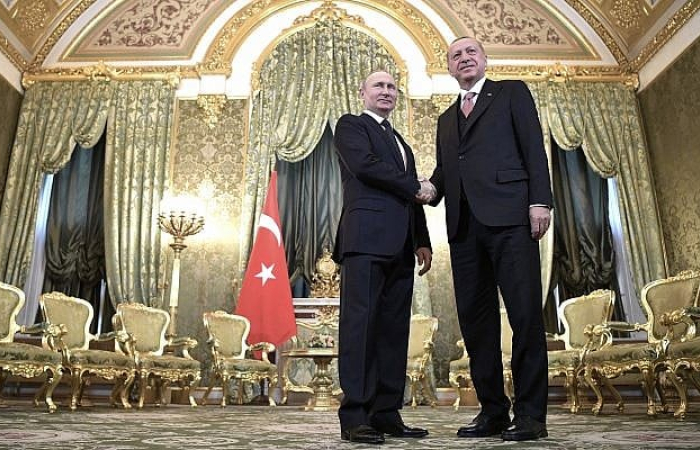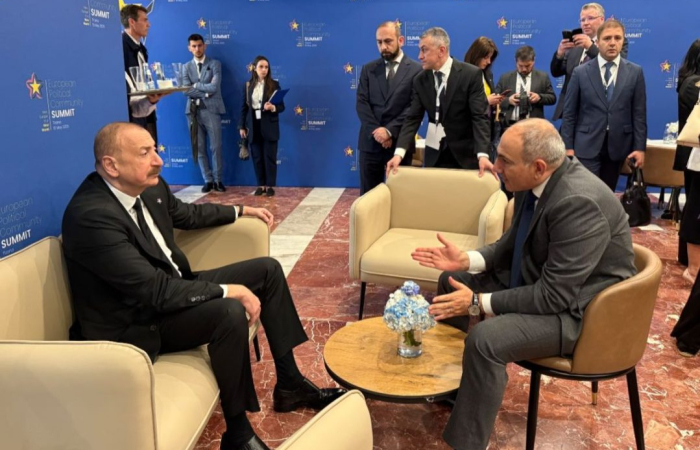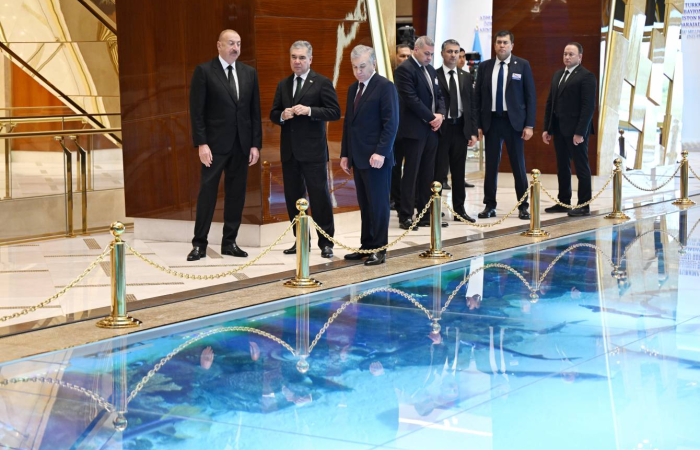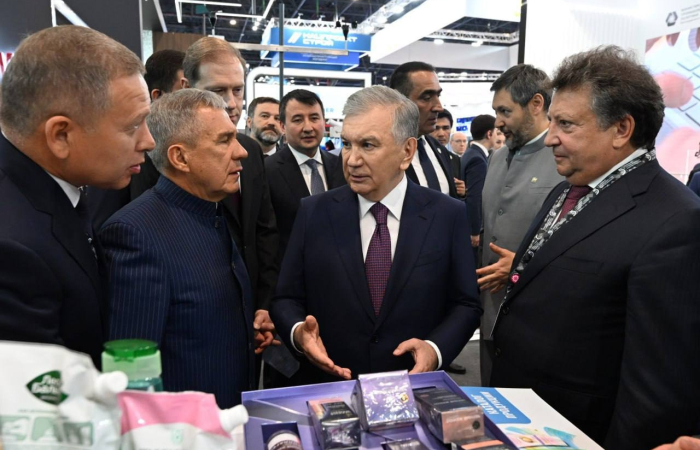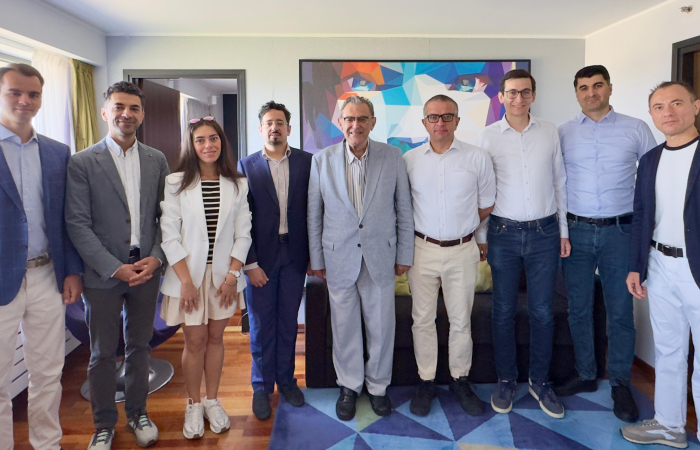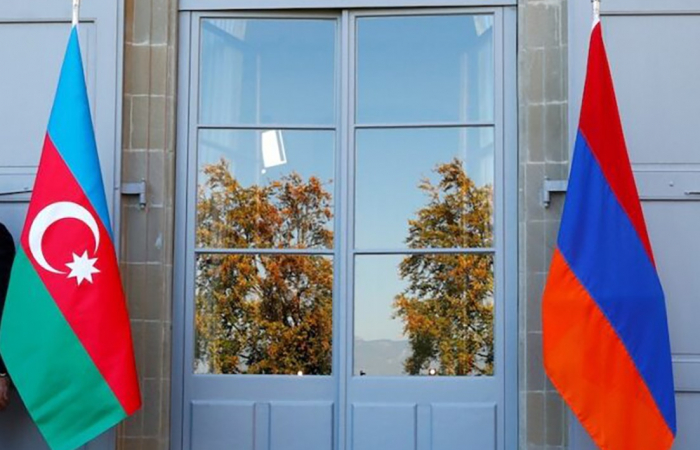- From Baku to Yerevan: A New Chapter for Multitrack Diplomacy
- UN Secretary-General calls for end to war in Sudan that is ‘spiralling out of control’
- Rubio plans to visit all five Central Asian countries as Trump hosts their leaders in Washington
- President of Iran vows to rebuild nuclear facilities 'with greater strength'
- Monday Commentary: Sudan, a failed state that requires help
- "Georgia is a core country of the South Caucasus. It is not possible to visualise the region without Georgia."
Focus on the South Caucasus
Monday Commentary
Focus on Central Asia
Focus on NGOs
commonspace.eu is an activity of LINKS Europe, an independent foundation based in The Hague, The Netherlands. We focus on issues related to European peace and security, Europe's neighbouring regions, including Eastern Europe, the Caucasus and Central Asia; North Africa and the Sahel, the Horn of Africa and the Arabian Peninsula. LINKS Europe is committed to contributing to a better future by increasing understanding of complex foreign policy issues, by promoting dialogue and confidence-building as tools for helping to resolve conflict, and by engaging citizens in the process of building peace and security on the basis of solidarity and mutual respect. Through commonspace.eu, we aim to provide insights and analysis on different topics in our area of interest and a platform for diverse opinions.
Read LINKS Europe's work programme for the two-year period 2024-2025 here



